35 YEARS SINCE ITS FIRST PANELS WERE STITCHED, THE AIDS MEMORIAL QUILT REMAINS A POWERFUL TEACHING TOOL FOR HEALTH ACTION, REMEMBRANCE AND SOCIAL JUSTICE.


35 YEARS SINCE ITS FIRST PANELS WERE STITCHED, THE AIDS MEMORIAL QUILT REMAINS A POWERFUL TEACHING TOOL FOR HEALTH ACTION, REMEMBRANCE AND SOCIAL JUSTICE.
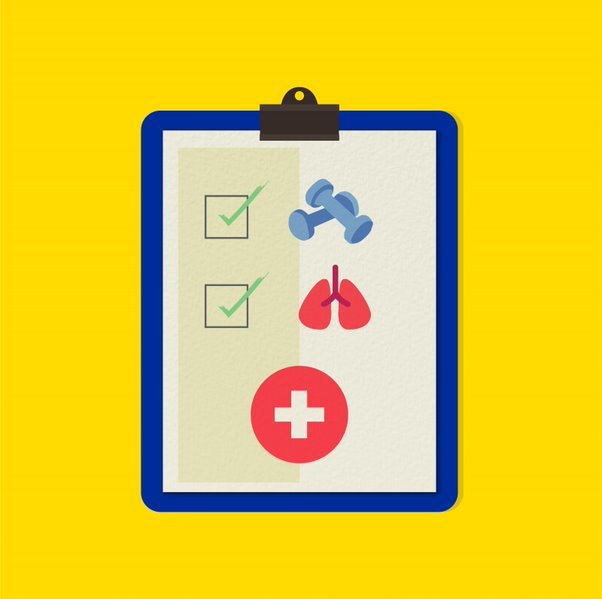
The Propel Center, the global HBCU innovation and learning hub intended to level the playing field and open greater doors of opportunity for their students, announced the creation and launch of its Propel-BDHEA internships, a national program focused on select HBCU and other African American students interested in pursuing medical and related healthcare careers. The […]
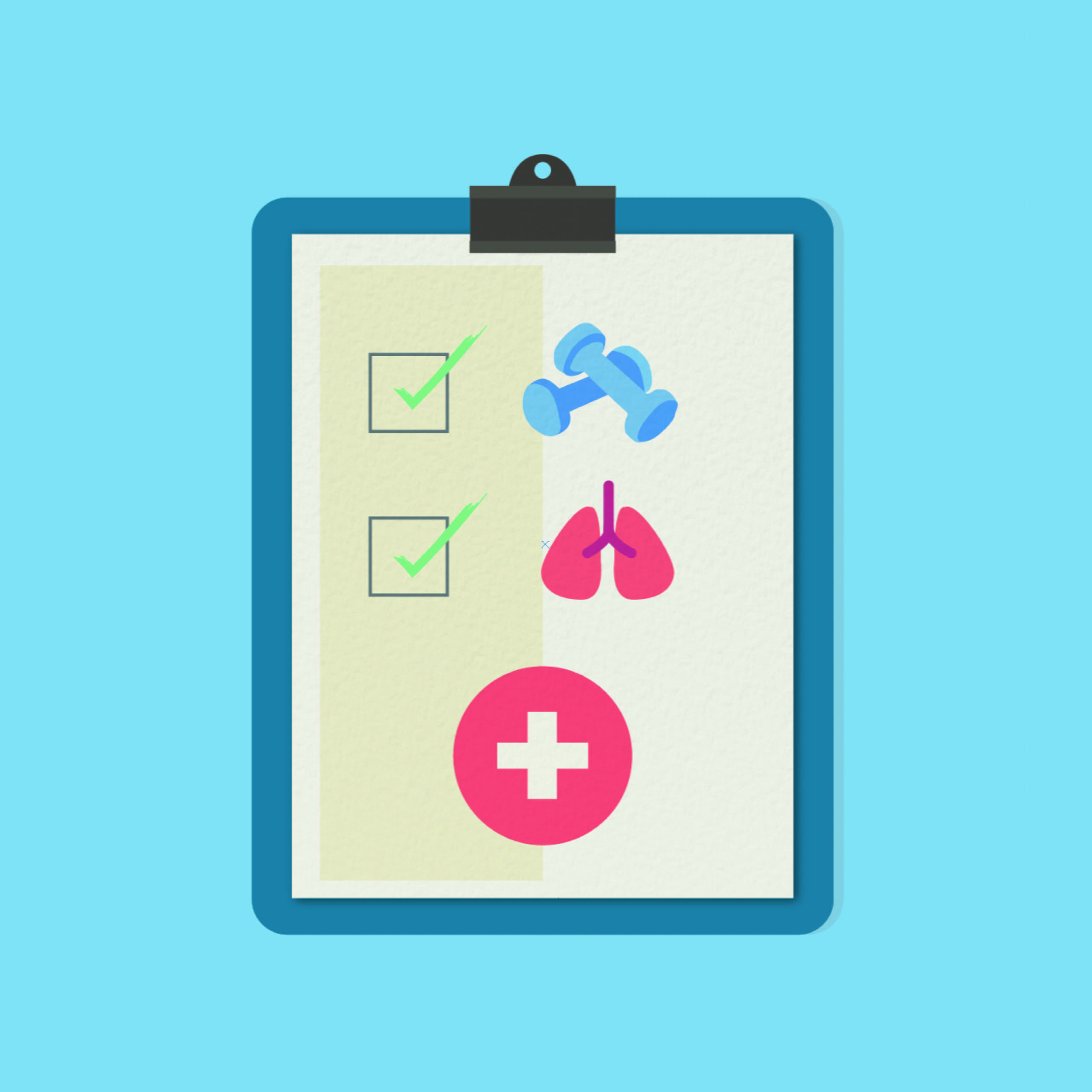
The American Health Care Association and National Center for Assisted Living (AHCA/NCAL), representing more than 14,000 nursing homes and long term care facilities across the country that provide care to approximately five million people each year, said that two provisions in the Build Back Better Act (H.R. 5376) will have a devastating impact on nursing […]
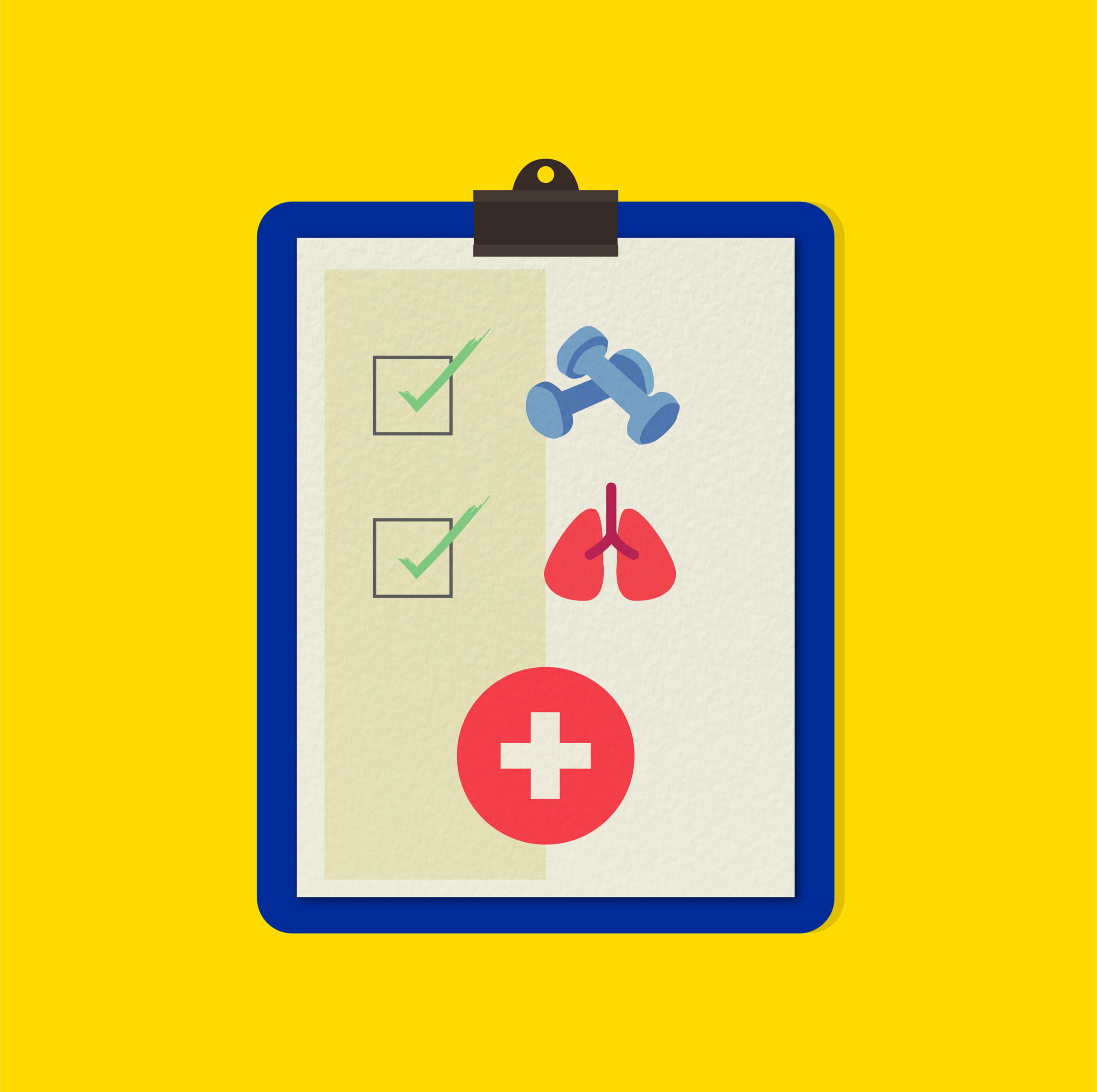
Protecting yourself and your loved one with health insurance is essential, and there are lots of packages and options to consider. Some people choose to go a step further with the help of supplemental health care coverage, which offers additional protection on top of what a standard plan includes. Known as Medigap, this type of […]

USofCare on Assembly Passage of Nevada Public Option to Make Health Care More Accessible and Affordable United States of Care’s Liz Hagan, Director of Policy Solutions, issued the following statement today in response to the Nevada Assembly’s passage of SB 420, a bill to create a public health insurance option in Nevada: “Today is a […]

Space Tech Hall of Fame Nominations Since 1988, Space Foundation has opened the doors of the Space Technology Hall of Fame (STHOF) to recognize life-changing technologies that have emerged from the world’s space programs. By honoring the innovators that have made these breakthroughs possible, it helps us to better convey to the public the important […]
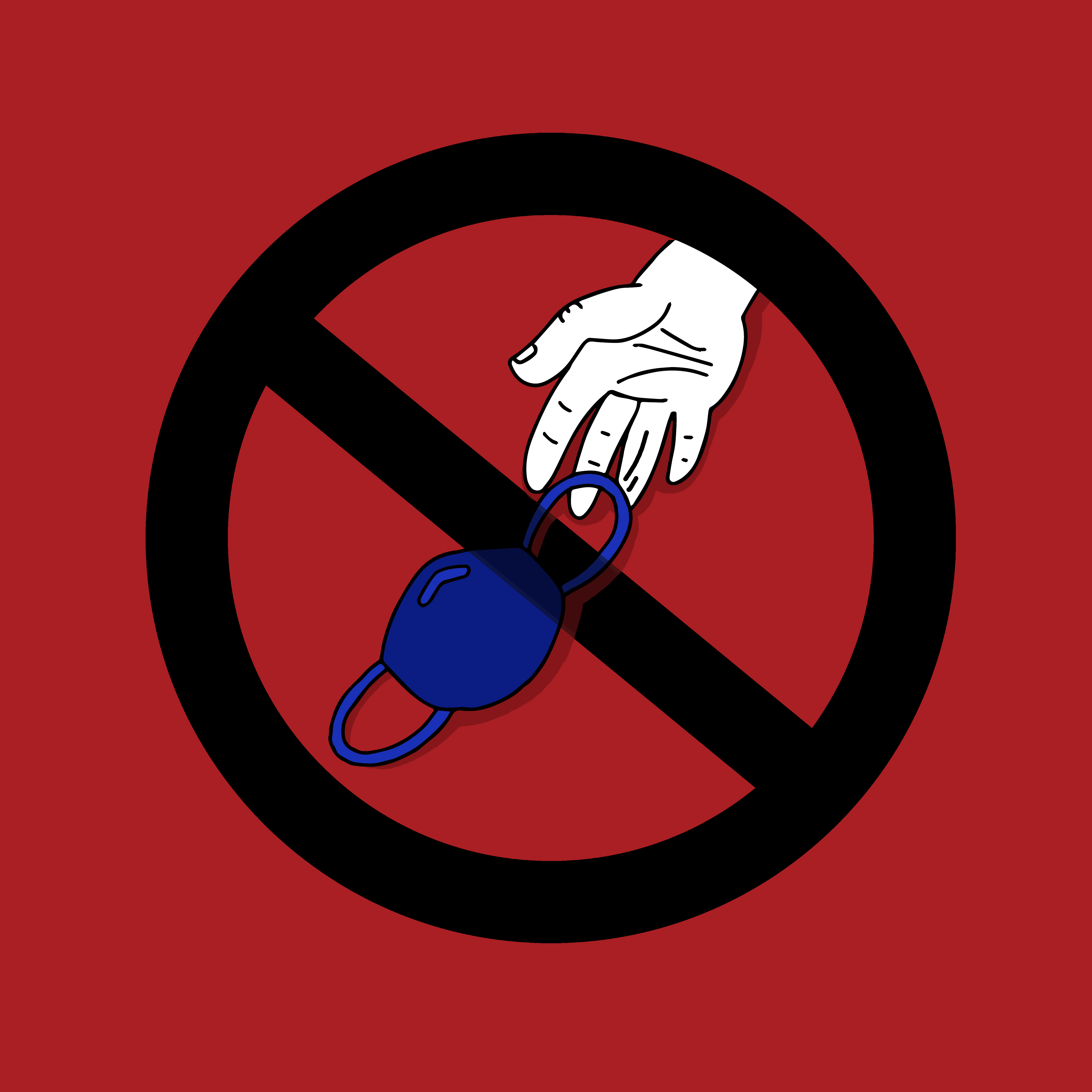
By: Matthew Anthenelli VAX Force is a team of all-black women from Springfield, Massachusetts who are bringing vaccine awareness and accessibility to their community. Beginning earlier this spring, the COVID-19 vaccination began its rollout to non-essential workers all across the globe. Whether it be from misinformation or lack of access, many people both in the […]

1,500+ Parents of Transgender, Non-Binary, and Gender-Expansive Youth Condemn Anti-Trans Bills in Open Letter to Lawmakers More than 1,500 parents of transgender, non-binary, and gender-expansive youth — from all 50 states, the District of Columbia, and Puerto Rico — signed a letter imploring elected officials to oppose anti-transgender bills under consideration in state legislatures across […]
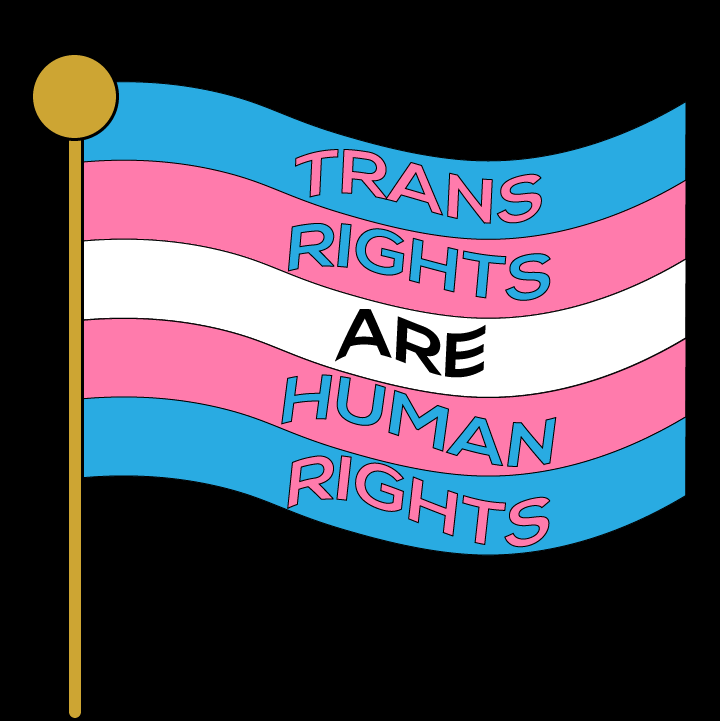
Anti-Trans Bills Moving in State Legislatures Across the Country, Explained Many state legislatures across the country have embraced a discriminatory agenda as hundreds of bills that would weaken protections and rights for LGBTQ people—more than 100 of which vilify and marginalize transgender people, particularly trans youth—are moving through statehouses at an alarming rate. Despite widespread, […]

NCAA LGBTQ OneTeam facilitators publish open letter condemning anti-transgender legislation The NCAA LGBTQ OneTeam, a group of NCAA- trained facilitators at colleges across the country published an open letter condemning the actions taken by 28 states across the country to introduce, pass, and sign anti-transgender legislation. 2021 has been a record year for anti-transgender legislation, with 93 […]